Perception of sound within the human ear that does not come from external sound is called tinnitus or ringing in the ear. It manifests as ringing, roaring, buzzing, and other noises that may be extremely distracting and irritating. Sometimes, they cause partial hearing loss.
Causes
Ringing in the ears is not a disease, but a symptom resulting from a variety of underlying causes that can include ear infections, foreign objects or wax in the ear, nose allergies that prevent fluid drain and cause wax build-up, side effects of some medications and most commonly noise-induced hearing loss.
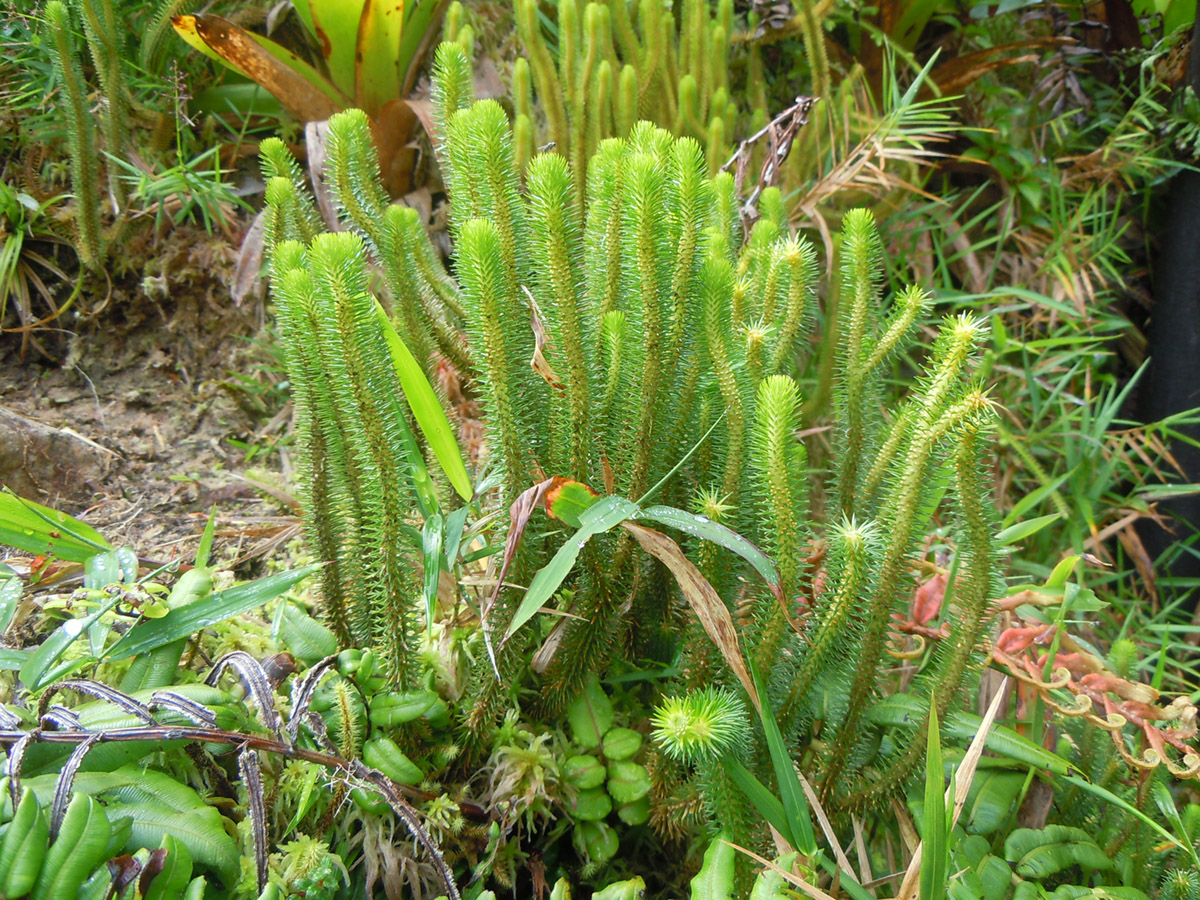
Natural Treatment
Many medical treatments for tinnitus have been claimed with unreliable degrees of statistical reliability. Homeopathic remedies are often used to successfully reduce distress caused by tinnitus. It is important to check labels before using any of the homeopathic remedies because they may sometimes contain ingredients that cause allergic reactions, side effects, or interactions, especially, if not properly diluted.
Calcarea carbonica is especially good for patients who have hearing problems or cracking and pulsing sensations in the ears. These patients are usually chilly, easily exhausted, have sweet cravings, and feel overwhelmed and nervous when unwell.
Carbo vegetabilis should be used for tinnitus that arises during flu or other conditions that include vertigo and nausea. Patients may feel worse in the evening and at night, feeling cold and weak, yet having cravings for fresh air.
China, also known as Cinchona officinalis, is best used in patients who seem to be touchy, weak, anxious, and sensitive to noise. Tinnitus in this patient often occurs after significant loss of fluids through vomiting, diarrhea, sweating, or other conditions that may involve blood loss.
Chininum sulphuricum is the best choice for patients having hearing problems because of the constant buzzing, ringing, and roaring in their ears. Sometimes, these patients experience chills and vertigo.
Cimicifuga shows the best results in patients sensitive to noise who often feel tension in the neck and back. These patients are usually lively, jumpy, and talkative yet depressed and worried while having hearing problems. People in need of this remedy may also suffer from headaches and problems during menstrual periods.
Coffea cruda should be used in patients whose tinnitus is followed by sensitive hearing and buzzing feeling in the back of their head. They often suffer from insomnia.
Graphites is for patients whose tinnitus is associated with deafness. These patients often hear hissing or clicking sounds or have a tendency to constipation, reduced concentration, and cracking skin eruptions.
Kali carbonicum helps relieve tinnitus that comes with ringing or roaring, which goes together with cracking noises and itching in the ears. People who need this remedy may also feel vertigo on turning and are often conservative and rigid. They may also feel stomach anxiety.
Lycopodium is used in patients who hear humming and roaring in the ears together with a loss of hearing. For them, sounds may seem to echo in the ears.
Natrum salicylic may help relieve ringing in the ears that are like a low dull hum. It is especially functional in cases when useful tinnitus occurs after influenza or along with Meniere's disease.
Salicylicum acidum helps to cure extremely loud roaring or ringing sounds often accompanied by deafness or dizziness.
- Tinnitus affects approximately one in 10 adults in the United States. In United Kingdom, about 15% of the adult population suffer from the disorder. According to a cross-sectional analysis of data in the United Kingdom Biobank, approximately six percent of 168,348 participants aged between 40 and 69 years with hearing difficulties and tinnitus reported annoying tinnitus. The prevalence of tinnitus varies widely, from 4.3% to 51.3%, in China.
- Tinnitus can significantly impact on the quality of life of individuals and incur an increasing economic cost. The direct and indirect costs of tinnitus treatment are considerable, and there is a direct relationship between tinnitus severity and associated costs. Aging, unhealthy lifestyles, systemic diseases, sleep disorder, exposure to noise, depression and various anxiety disorders can induce or exacerbate tinnitus, heralding difficulties in managing this challenging disorder.
- There are many interventions for tinnitus, including educational counselling, relaxation therapy, tinnitus retraining therapy, cognitive behavioral therapy, sound therapy, transcranial direct current stimulation, repetitive transcranial magnetic stimulation, transcutaneous electrical nerve stimulation, acupuncture, and pharmacotherapies.
- The heterogeneous nature of tinnitus suggests that combination treatment targeting diverse pathogenetic mechanisms and active management of comorbidities are required for effective management of tinnitus. G. biloba is the most widely investigated herbal medicine for tinnitus, but clinical trials have yielded conflicting results. Lack of G . biloba extract standardization, inadequate sample size, lack of optimization of treatment dose and duration, and poor study design are some of the issues hampering the study of G. biloba extract and other herbal medicines for tinnitus.
Dosage
Patient should choose the remedy that most closely matches the symptoms and use a lower potency of 6X, 6C, 12X, 12C, 30X, or 30C. The patient should use one dose and wait for a reaction. If there is an improvement, the patient should wait and let the remedy work. If the response fails, the patient may take another dose. The frequency of dosage fluctuates with the conditions and the person.



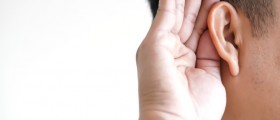
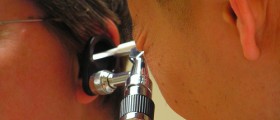


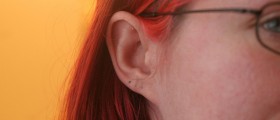
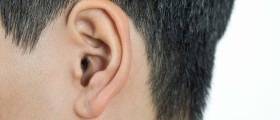


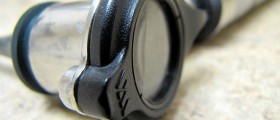


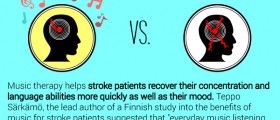


Your thoughts on this
Loading...